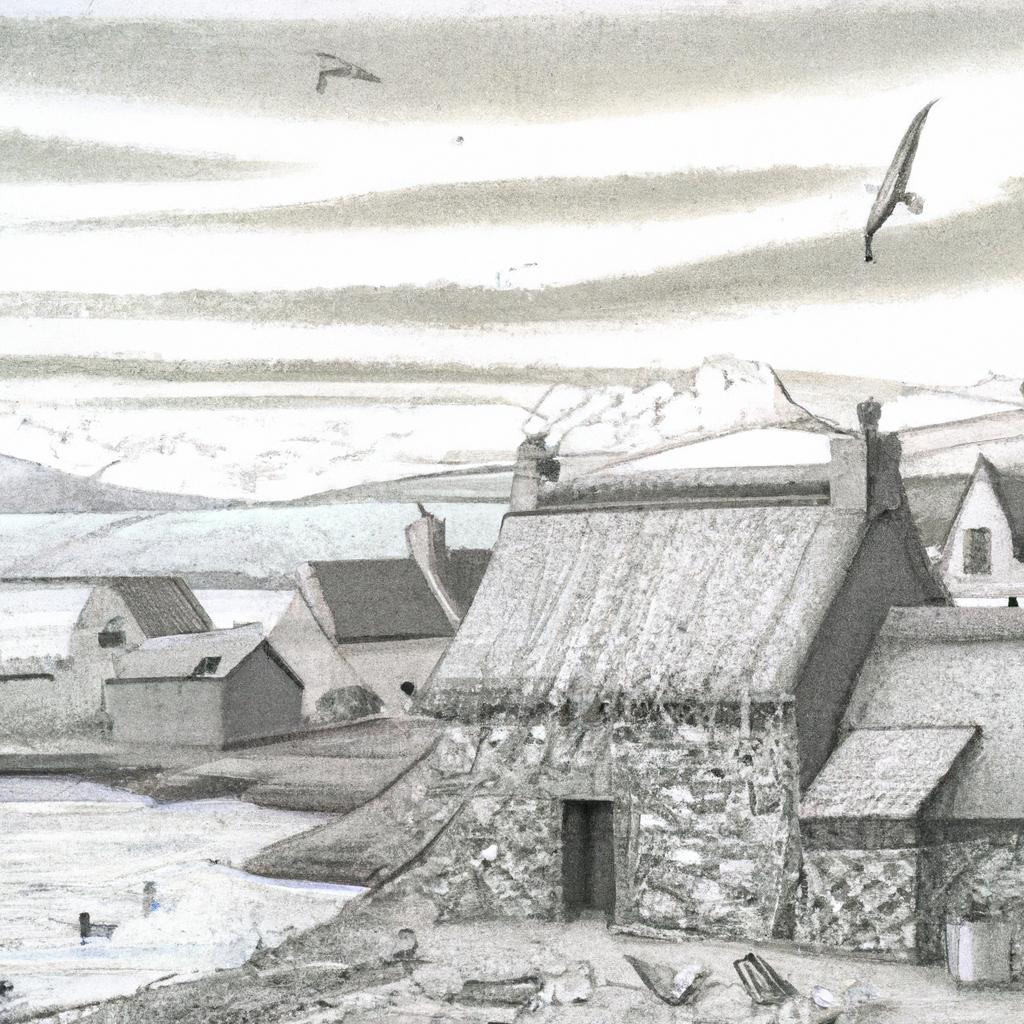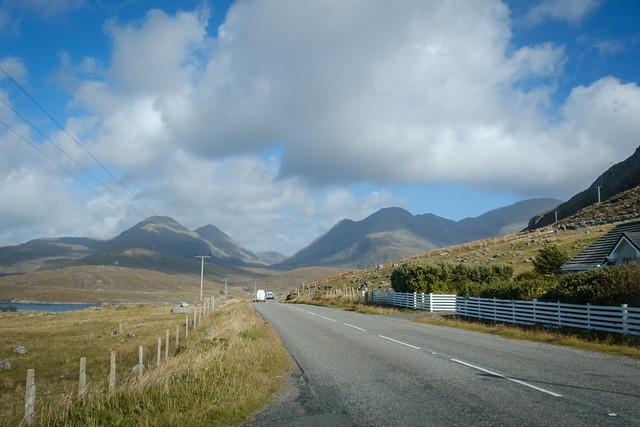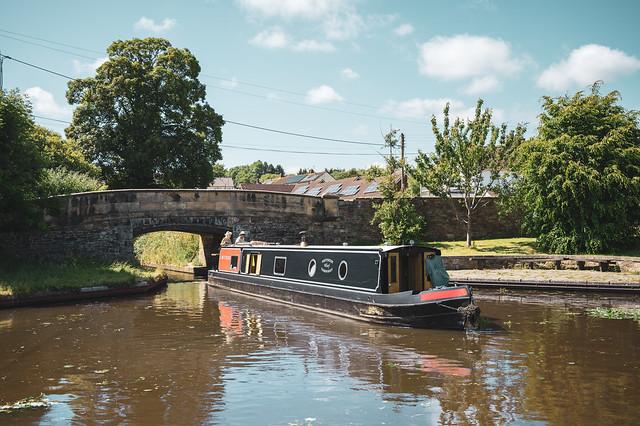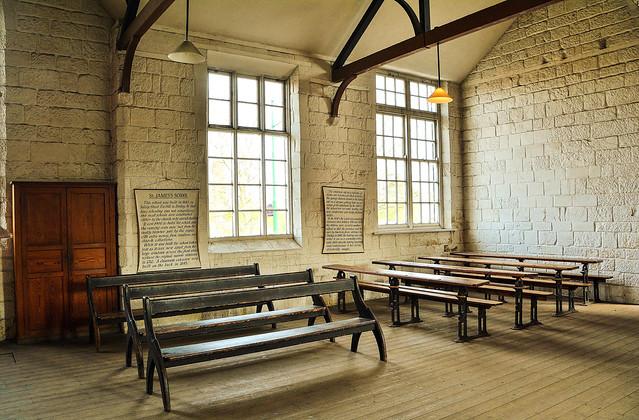Outer Hebrides
Overview
The Outer Hebrides, also known as the Western Isles, are a unique and picturesque archipelago off the west coast of mainland Scotland. This remote destination is renowned for its rugged landscapes, rich Gaelic culture, and the warm hospitality of its residents. The islands offer a distinctive blend of breathtaking scenery, ancient historical sites, and vibrant local traditions. From the prehistoric Callanish Stones on the Isle of Lewis to the untouched white sands of Luskentyre on Harris, the Outer Hebrides are a haven for those interested in history, nature, and culture. The area's strong Gaelic heritage influences everything from the music and language to the culinary specialties, making it a fascinating place to explore.
The high season for tourism in the Outer Hebrides is during the summer months, from June to August, when the weather is mildest and the days are longest. This period sees the islands at their most lively, with numerous festivals and events celebrating local culture, music, and history. The climate, while variable, generally provides enough warmth and sunshine to enjoy outdoor activities such as hiking, cycling, and wildlife watching. The surrounding seas offer opportunities for kayaking and sailing, and the clear waters and beautiful beaches are perfect for more relaxed days. Birdwatching is particularly rewarding during this time, with many species nesting on the cliffs and shores.
Before visiting the Outer Hebrides, travelers should prepare for a range of weather conditions. Packing waterproof clothing and layers is essential, as weather can change rapidly. It's also wise to book accommodations and transport in advance, especially during the high season, as options can be limited and demand high. Ferries are the primary means of reaching the islands from mainland Scotland, and schedules should be checked ahead of time. Additionally, as the region is predominantly Gaelic-speaking, learning a few phrases in Gaelic can be a fun way to connect with local residents. Finally, be prepared for limited mobile reception and internet access in more remote areas, which can add to the charm and appeal of a truly disconnected getaway.
How It Becomes to This
History not available

You May Like
Explore other interesting states in United Kingdom









